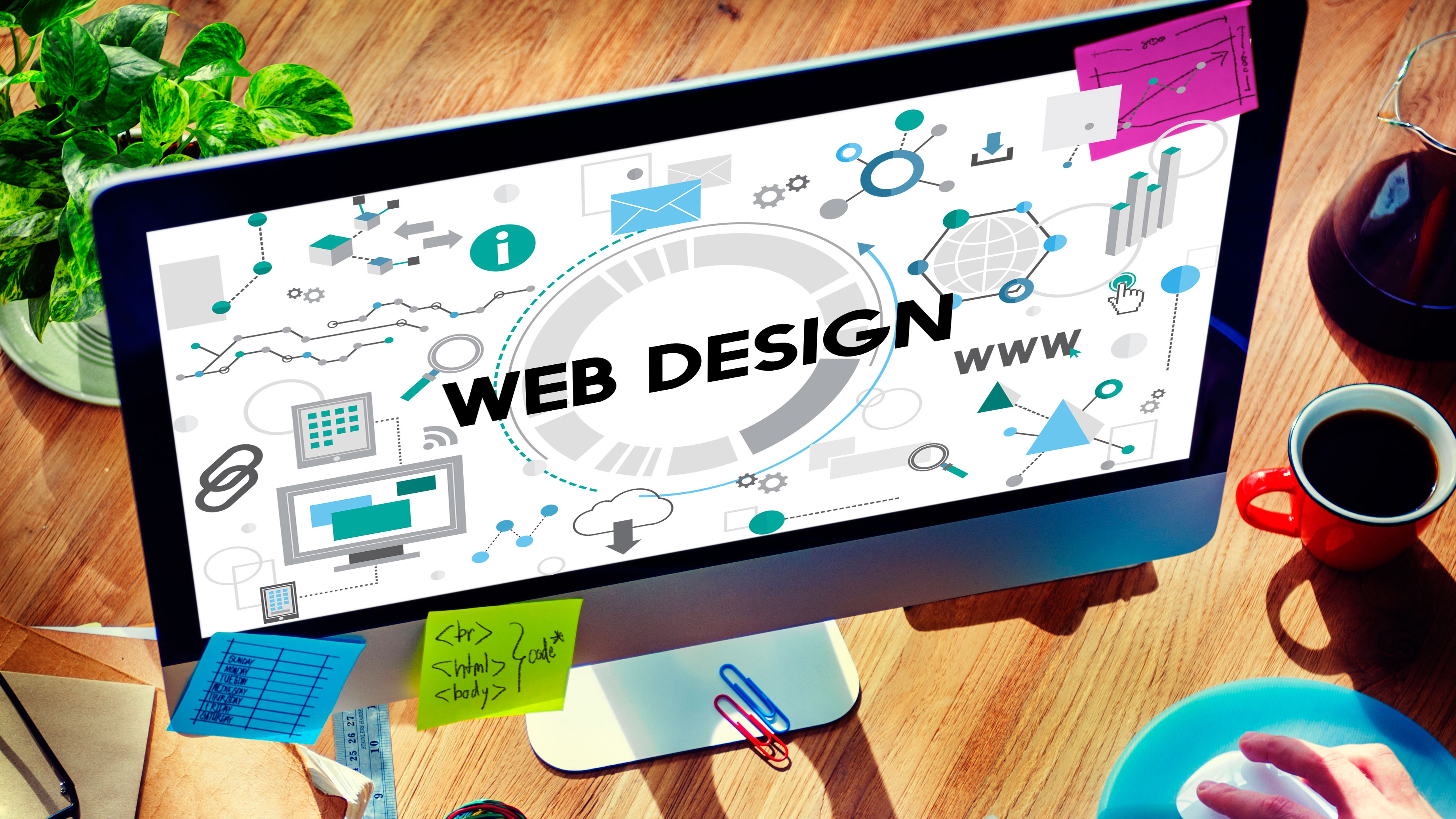Aligned Position Web Design: Tailor-Made Web Design Solutions for Maximum User Engagement
Aligned Position Web Design: Tailor-Made Web Design Solutions for Maximum User Engagement
Blog Article
The Most Effective Kinds Of Web Layout to Enhance Individual Experience and Engagement
In the ever-evolving landscape of electronic communication, the effectiveness of website design dramatically impacts individual experience and interaction. Various style approaches, such as minimalist, receptive, and interactive layouts, each deal distinct benefits that can cater to diverse individual demands. Recognizing which kinds of website design best serve these goals can be critical for organizations aiming to improve client contentment and retention. However, the question stays: which layout elements really resonate with individuals and foster significant involvement? The expedition of these concepts reveals essential insights that may redefine your technique to Web style.
Minimalist Website Design
As electronic landscapes come to be progressively messy, minimalist Web style has actually arised as a powerful method to improving individual experience. This style viewpoint prioritizes simplicity, concentrating on essential elements while eliminating unneeded diversions. By using sufficient white space, uncomplicated navigating, and a restricted color palette, minimal style promotes clarity and routes customer interest to key web content.
The core concept of minimalist Web layout is to produce a seamless communication for users. By minimizing cognitive lots, individuals can swiftly realize info without feeling overwhelmed. This direct approach not only boosts usability but additionally encourages engagement, as site visitors are extra most likely to check out a site that is easy and aesthetically attractive to navigate.
Furthermore, minimalist style often stresses typography and images, using these components tactically to share messages effectively. This emphasis on important parts can enhance brand name identification and create a memorable individual experience. Fundamentally, minimalist Web style is not simply a trend; it is a thoughtful method that recognizes the significance of user-centered layout. By removing supplementary aspects, developers can develop a more appealing, reliable, and pleasurable Web experience for all users.
Receptive Web Layout
In today's varied digital environment, responsive website design has ended up being crucial for developing a seamless user experience across a multitude of devices. As users access web sites on mobile phones, tablets, desktops, and laptops, the capability of a web site to adjust its format and web content to various screen dimensions and resolutions is crucial.
Receptive website design employs flexible grids, photos, and CSS media questions to guarantee that Web material is provided efficiently, despite the device made use of. This method not only boosts the aesthetic charm of a website however likewise considerably improves use. Individuals are more probable to involve with a website that provides a consistent experience, as it removes the irritation of having to zoom in or scroll exceedingly.
By adopting receptive design, services can boost their exposure and get to a broader audience. In recap, responsive Web style is a basic practice that improves user experience, interaction, and total satisfaction.
Interactive Website Design
Receptive website design lays the foundation for enhancing individual experience, yet interactive Web design takes this an action even more by involving customers in a more dynamic method - Aligned Position Web Design. By including elements such as computer animations, clickable models, and real-time responses, top article interactive website design astounds customers, drawing them right into a richer surfing experience
This strategy not just promotes involvement but also encourages individuals to check out material proactively instead than passively eating it. Strategies such as gamification, where users earn rewards for completing tasks, can dramatically boost the moment invested on a website and boost total complete satisfaction. Moreover, interactive functions can streamline complicated info, making it extra satisfying and absorbable.

Integrating interactive layout elements can also cause greater conversion rates, as individuals are more likely to involve with a site that actively includes them. Aligned Position Web Design. Ultimately, interactive Web design changes individual experiences into unforgettable trips, guaranteeing that visitors return time and once more
Apartment Style
Identified by its minimalistic strategy, flat style highlights simplicity and performance, removing away unneeded aspects and concentrating on crucial functions. This style approach focuses on functionality, making certain that individuals can navigate interfaces easily and efficiency. By employing a clean visual, level layout removes the mess commonly discovered in a lot more elaborate styles, thus enhancing user concentrate on web content and capability.
The trademark of flat style hinges on its use vibrant shades, basic typography, and geometric shapes. These elements add to an aesthetically attractive interface that is both friendly and modern. Additionally, level layout promotes a sense of quality, enabling individuals to recognize essential activities and info without interruption.
Moreover, flat design is specifically reliable in receptive Web design, as its simpleness converts well across different gadgets and screen dimensions. By concentrating on essential functions, level layout not just satisfies individual needs however additionally urges seamless interaction, making it an important part of effective Web style methods.
Flexible Website Design
Flexible Web layout customizes the user experience by producing more several taken care of layouts tailored to different screen sizes and gadgets. Unlike responsive style, which fluidly changes a solitary layout, adaptive design employs distinct layouts for specific breakpoints, making certain optimal presentation on various platforms. This approach allows developers to concentrate on the special attributes of each tool, improving functionality by providing exactly what users require based on their context.
One of the primary advantages of flexible website like it design is its ability to optimize load times and efficiency. By offering customized web content and pictures that fit the individual's tool, sites can lessen data usage and boost loading rates. This is specifically advantageous for users with slower links or restricted information plans.

In addition, adaptive style promotes a more regulated and regular branding experience. Since designers develop numerous layouts, they can make sure that the aesthetic aspects straighten with the brand's identity throughout various systems - Aligned Position Web Design. This causes a cohesive user experience, improving involvement and advertising user retention
Conclusion
To conclude, the assimilation of minimal, responsive, and interactive website design concepts substantially boosts customer experience and involvement. Minimal design fosters clearness and focus, while responsive style makes sure flexibility throughout different gadgets, advertising accessibility. Interactive design captivates users through vibrant components, urging exploration and personalization. Collectively, these design approaches add to the creation of straightforward environments that not just boost complete satisfaction but also drive higher conversion rates, highlighting their vital value in contemporary Web design strategies.
.png)
Minimalist style promotes clarity and focus, while receptive layout makes certain flexibility throughout various devices, advertising availability. Jointly, these design comes close to add to the production of user-friendly environments that not just boost satisfaction yet additionally drive greater conversion prices, underscoring their important importance in contemporary Web layout techniques.
Report this page